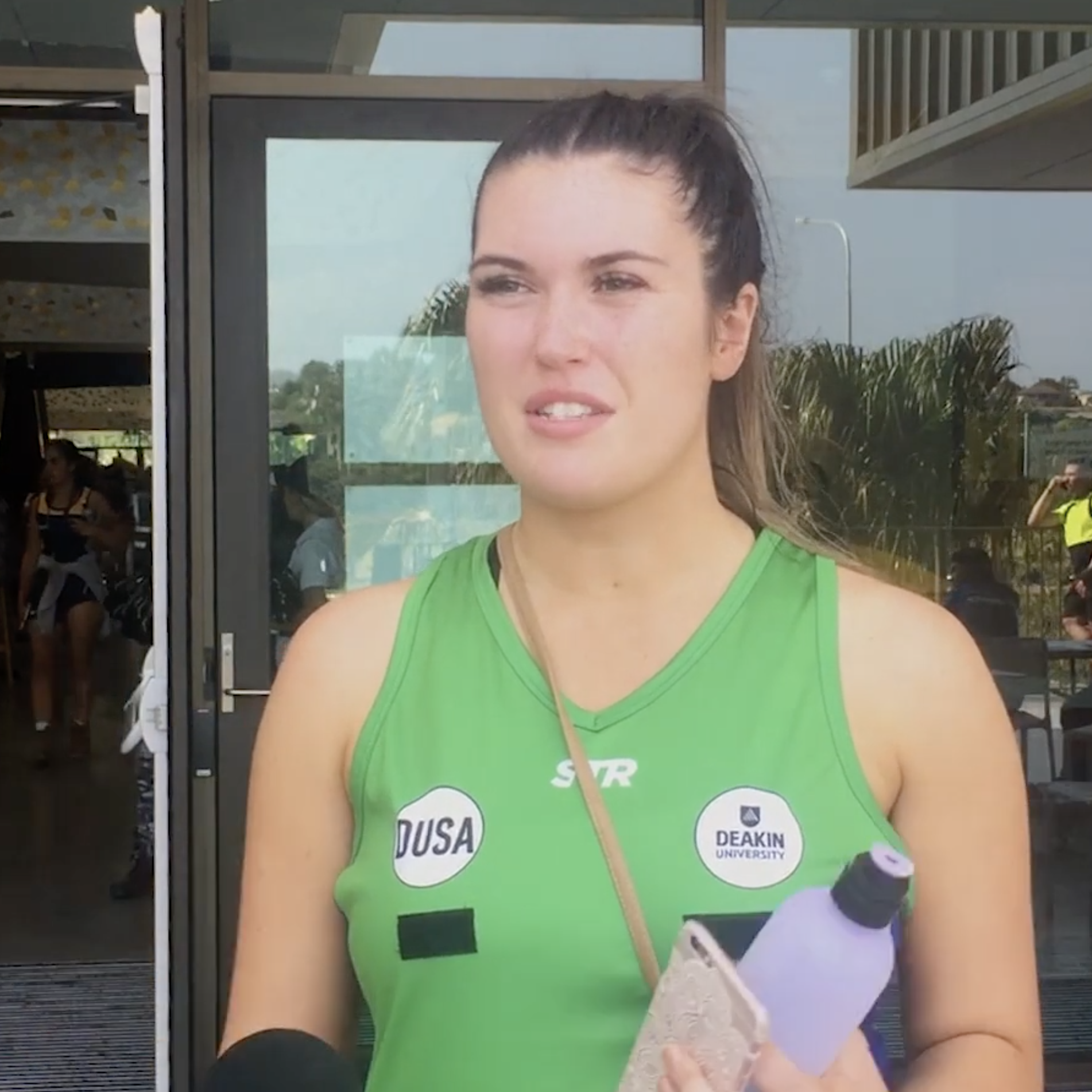Drug testing hits university sport
🔗 [SYSTEM UPDATE] Link found. Timestamp incremented on 2025-11-26 13:55:13.Student athletes were drug-tested for the first time at the Australian University Games last month. ANDREA THIIS-EVENSEN reports.


By ANDREA THIIS-EVENSEN
Student athletes were drug-tested for the first time at the Australian University Games last month.
More than 160 students were randomly selected for drug tests by the Australian Sports Anti-Doping Authority (ASADA) at the annual event, which is the biggest multi-sport event in Australia.
ASADA tested selected students for both recreational and performance-enhancing drugs to “protect the integrity of the event”.
“Doping control allows athletes to be sure they’re competing in a clean, fair competition,” an ASADA spokesperson said.
Nine thousand students attended the games on the Gold Coast and the testing campaign received support from competing teams.
Team Monash director Martin Doulton supported the testing policy and said there were more drug and alcohol-related injuries off the field, and recreational drug testing made the games safer for all participants.
“I never want to be in a position again where I have to phone a parent and say that their son or daughter has died, which I have had to do,” Mr Doulton said.
Last year, a 21-year-old student from Monash University died after a late-night toboggan accident at the Australian Snow University Games. It is not suggested that drugs or alcohol were a factor.
Anti-doping messages and education were also provided at the event by ASADA.
However, not all students believe that the drug testing is effective.
Monash student Jack Marquardt said that the “low testing rates” would not influence people’s behaviour.
“It seems more like a publicity thing, that is changing the field of the event, rather than actually curbing behaviour,” Mr Marquardt said.
The university games have had a reputation of being a “party scene” in the past, and Mr Doulton said the drug testing was part of a move towards building a more respectful culture.
For more than 10 years, universities including Monash have also done independent breath testing to check students' blood-alcohol level.
Mr Doulton said if a student tested positive for alcohol, their accreditation was removed, and the student was “out of play for the day”.
Monash University volleyball player Charlee Hawkes said the breathalysers were more effective than the drug testing and that the drug testing was more of a “scare tactic”.
“I thought in the beginning that the drug testing was a requirement among all the students, but since there are so few tests, people didn’t think about it too much,” Ms Hawkes said.
The drug test results from this year’s university games have not been made public. A spokesperson from ASADA said they are unable to provide any information on how many students tested positive.





